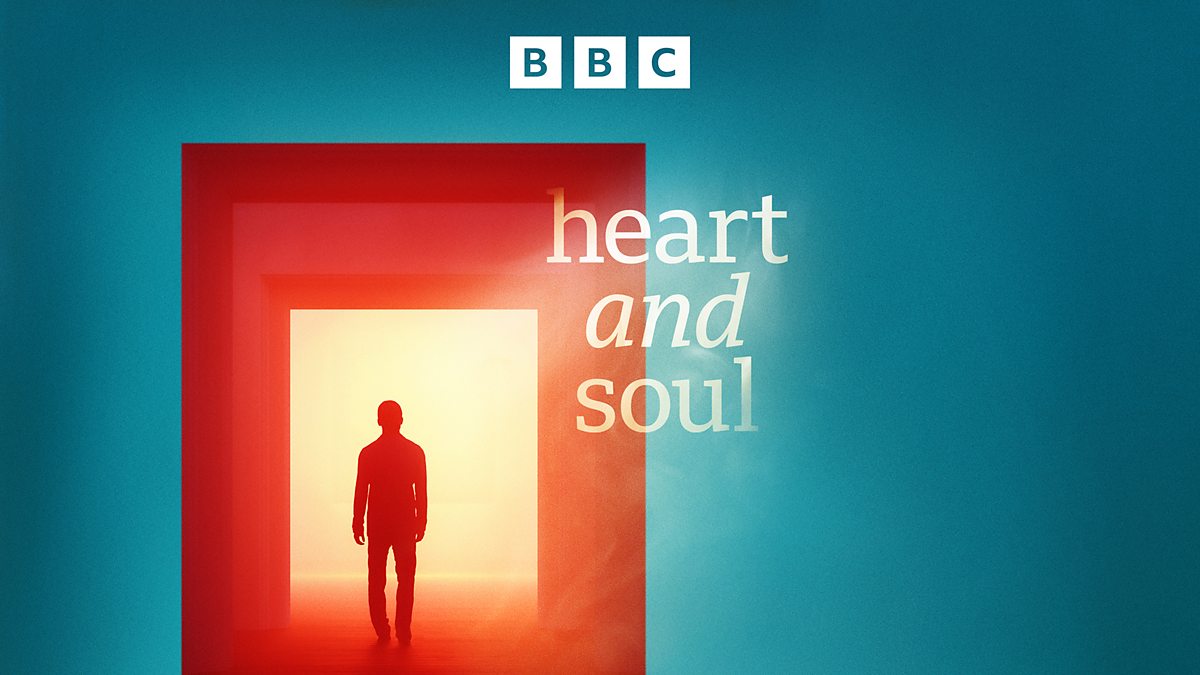I found last Monday's "Start the Week" on Radio 4 exceptionally interesting and informative. It covered Afghanistan, British Diplomacy and the British Military. One of the guests was the ever-sensible and very perceptive Rory Stewart.
If anyone is remotely interested in these subjects I do urge people to listen on iPlayer over the weekend, before it disappears on Monday.
If anyone is remotely interested in these subjects I do urge people to listen on iPlayer over the weekend, before it disappears on Monday.


Comment